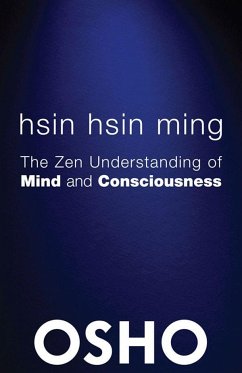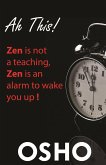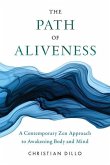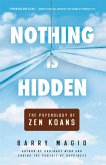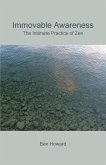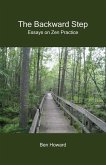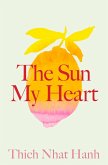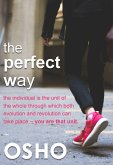In this extraordinary series of talks, Osho lays out a clear understanding of the difference between mind and consciousness, and the role that the brain plays in the two - a realm that Western science has been struggling to define for decades, but that Zen has known for centuries through first-hand experience. Along the way he also sheds light on the differences between meditation as practice and as a state of being, and what choiceless awareness really means in everyday life and relating. The Hsin Hsin Ming, Verses on the Faith-Mind by Sosan [Seng-t'san] the third Chinese patriarch of Zen, is considered to be the first Chinese Zen document. As such, it is extraordinarily straightforward in its message, cutting straight to the point of what Zen practice really is and where it aims to take the practitioner - to a state of thought-free awareness in the present moment, without judgment or attachment: "If you wish to see the truth," these verses begin, "then hold no opinion for or against.... The struggle of what one likes and what one dislikes is the disease of the mind."
Hinweis: Dieser Artikel kann nur an eine deutsche Lieferadresse ausgeliefert werden.
Hinweis: Dieser Artikel kann nur an eine deutsche Lieferadresse ausgeliefert werden.

